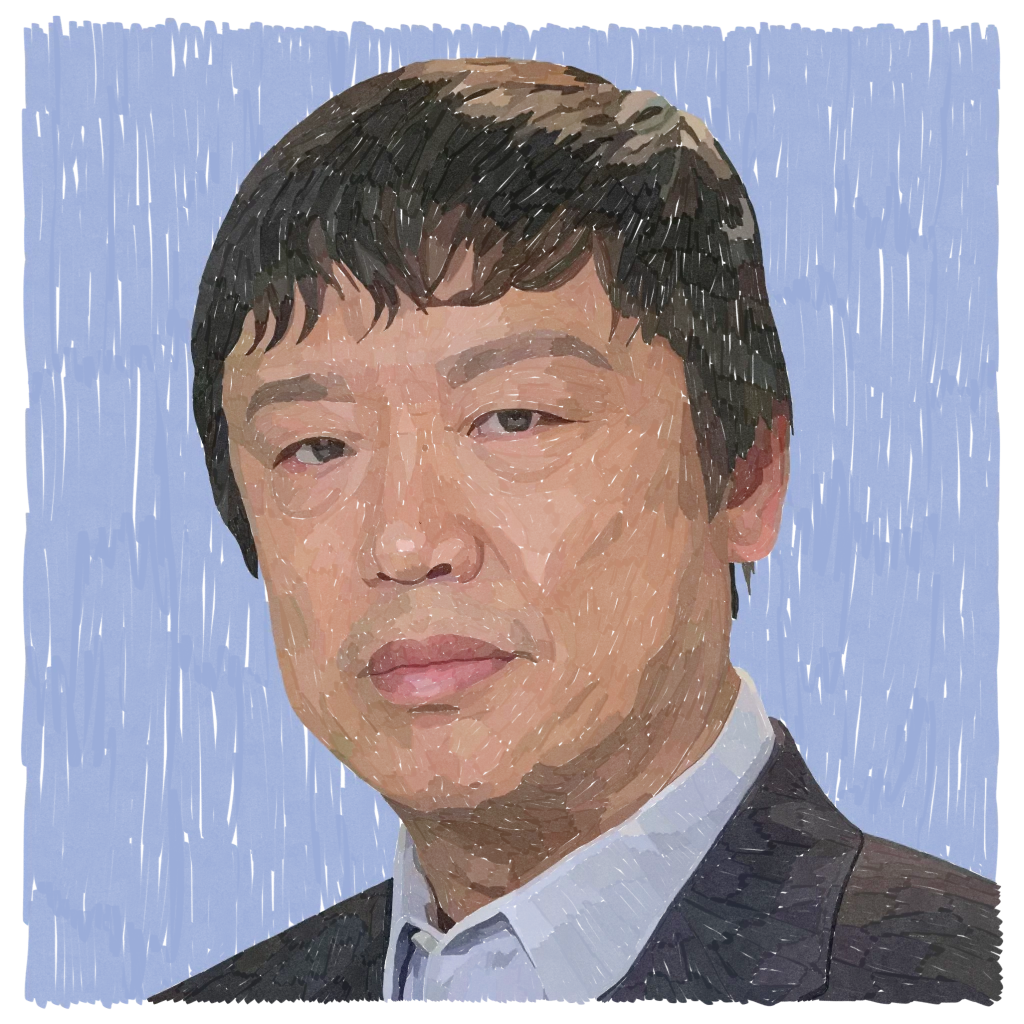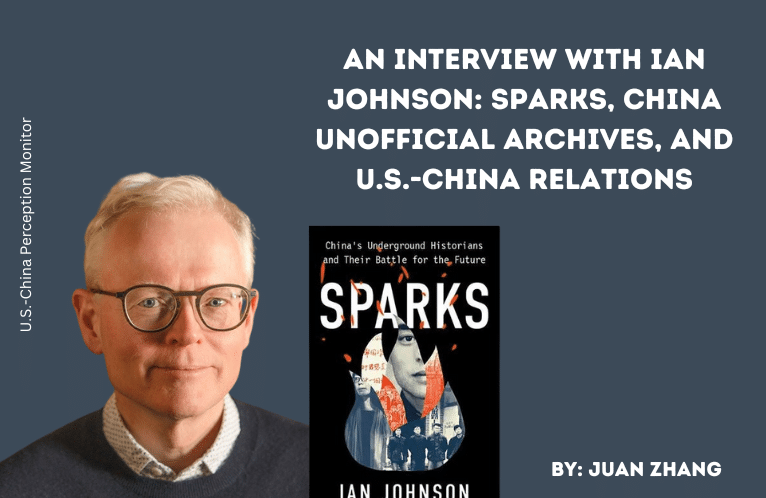When Will China Use Force to Reunite with Taiwan? Hu Xijin Explains His Position
USCNPM July/August Newsletter
Dear readers,
On behalf of the team at the China Focus, we thank you for your continued support and readership of the U.S.-China Perception Monitor. During the months of June and July, the Monitor published a range of articles and interviews on U.S.-China relations and China’s approach to foreign policy.
At the beginning of June, we published an insightful interview with Dr. Hak Yin Li who, in conversation with China Focus’ graduate assistant Xin Tong, discussed current trends in Chinese foreign policy and the pressing challenges facing U.S.-China relations. Xin also spoke to Dr. Suisheng Zhao, author of the well-received book The Dragon Roars Back: Transformational Leaders and Dynamics of Chinese Foreign Policy (2022), about a wide range of topics, including the Chinese government’s use of ideology and how China has taken advantage of international norms and rules to quicken its ascendance.
In terms of profiles, the Monitor covered the sudden popularity of COVID conspiracist Dr. David Martin on Chinese social media. Martin, an American financial analyst, former professor, and self-help entrepreneur, gained a cult-like following as a result of a viral 20-minute speech to an unofficial COVID-19 summit in Brussels that struck a chord with Chinese audiences. The video took Weibo by storm due to widespread support for Martin’s conspiracy theory that COVID and SARS are bioweapons engineered by the United States. In a similar vein, the Monitor also published a profile of one of China’s more inflammatory cross-strait relations commentators, Dr. Li Yi, who has created a name for himself among Chinese tongpai (统派), or unification, scholars as one of the most controversial voices on the Taiwan Issue.
In terms of analysis, the Monitor also published two fascinating articles by Sabine Mokry, PhD Candidate at Leiden University, on the underpinnings of Sino-U.S. great power competition, Chinese foreign policy rhetoric, and how both the U.S. and China strategize to construct their respective national interests. In addition, it published a translation of an insightful Chinese-language article by Li Ruiqiu on how Chinese people see the world and their own country. Li’s analysis delves deep into the implications and value of public opinion polls and argues that the Chinese government could consider accommodating respondent’ ideas and viewpoints into diplomatic and political considerations.
We hope you enjoyed reading our recently published content and look forward to sharing more content with you soon!
Best wishes,
Kristy Bryant
Assistant Editor of the U.S.-China Perception Monitor, The Carter Center









